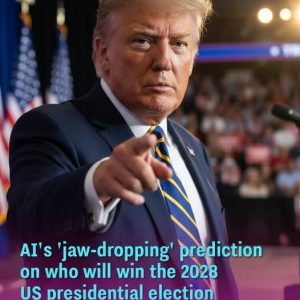Newly released documents from Jeffrey Epstein’s estate reveal that the convicted sex offender exchanged text messages with Congresswoman Stacey Plaskett during Michael Cohen’s February 2019 testimony, potentially influencing her questioning. The documents, published by the House Oversight Committee, include emails and texts showing Epstein monitoring the hearing in real time and alerting Plaskett when Cohen mentioned former Trump executive assistant Rhona Graff. At the time, Cohen was testifying about allegations of racism, financial misconduct, and hush-money payments linked to Donald Trump, which Trump has denied.
The texts indicate a highly interactive exchange between Epstein and Plaskett. Epstein first messaged her about Cohen’s discussion of Graff, to which Plaskett responded in real time as she prepared to question Cohen. Throughout the hearing, the messages continued, covering a range of topics, from commentary on Plaskett’s appearance to advice on lines of questioning. The timestamps suggest Epstein was actively observing the testimony and attempting to provide strategic input.
During the hearing, Plaskett’s questioning shifted to follow Epstein’s suggestions. After Epstein flagged the mention of Graff, Plaskett focused her inquiries on Trump associates mentioned by Cohen, including Weisselberg and Graff. The exchange demonstrates a rare example of a private citizen, particularly a convicted sex offender, interacting with a sitting member of Congress during a live congressional hearing. Plaskett’s office later confirmed she received messages from Epstein but framed them as part of a broader set of communications from staff, constituents, and members of the public.
Epstein, already a convicted sex offender from a 2008 Florida plea deal, would not face federal sex-trafficking charges until July 2019, months after the Cohen hearing. The documents have raised questions about the nature of his influence and the ethics of communications between a known criminal and a lawmaker during official proceedings. While Plaskett emphasized her commitment to uncovering the truth, critics argue the messages illustrate an unusual level of access and potential guidance from an outside party during high-profile congressional testimony.



